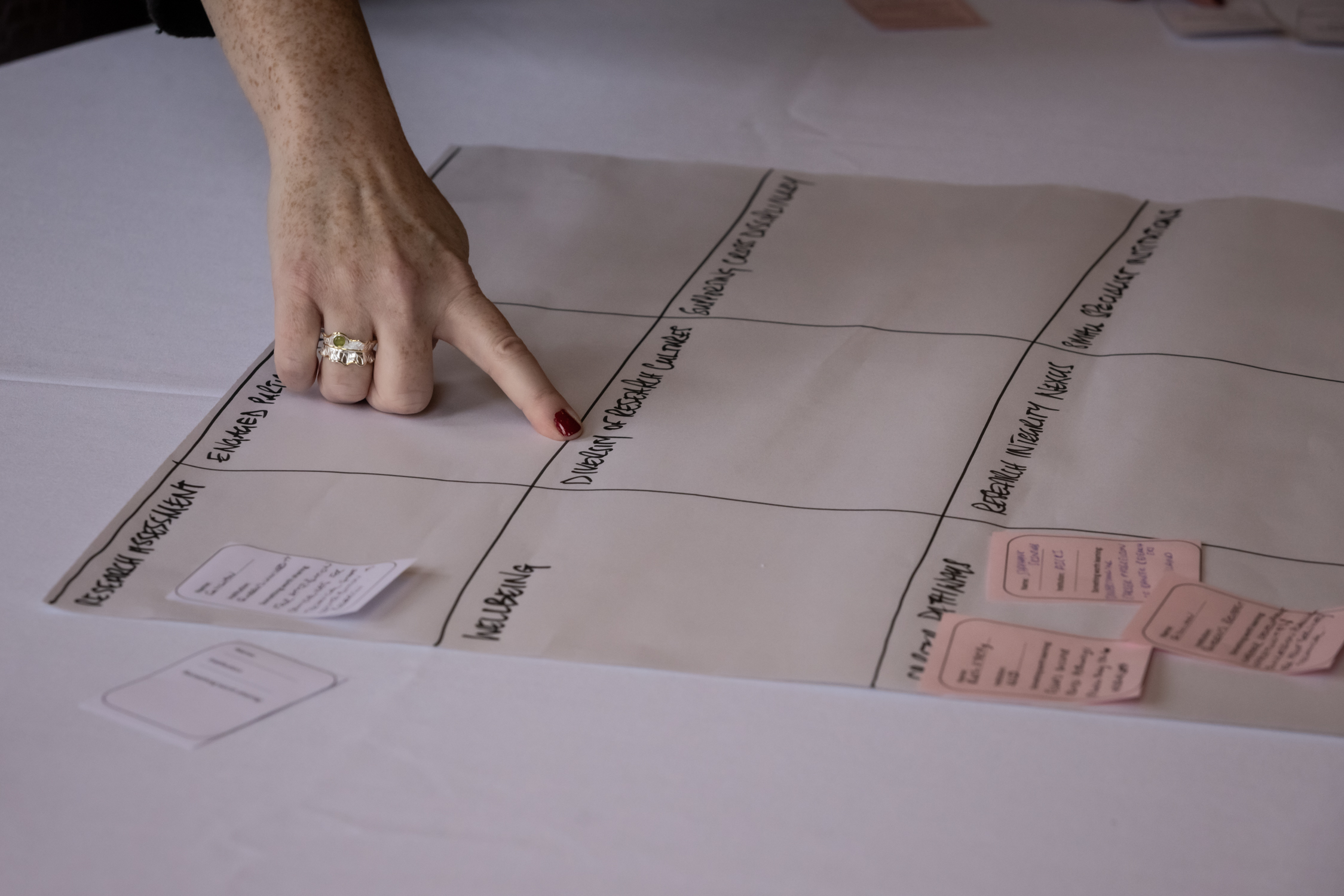
EPIC Futures NI, Northern Ireland’s Local Policy Innovation Partnership
Author: Kristel Miller
Organisation: Ulster University

Initiative Description
EPIC Futures NI stands for Economic and Social Partnering for Inclusive Innovation and Collaboration (EPIC) to contribute towards a prosperous and sustainable future for Northern Ireland (NI). EPIC Futures NI is a £4.8million Local Policy Partnership (LPIP) hub, led by Ulster University and funded by the Economic and Social Research Council (ESRC), Arts and Humanities Research Council (AHRC), Innovate UK and the UK Research and Innovation (UKRI). With a place-based focus, the partnership brings together 17 co-investigators from across academia, policy, business, community and voluntary sections to tackle challenges unique to place. Together we aim to create evidence-based solutions to fair and inclusive employment across Northern Ireland. In particular, the project focuses on those furthest from the labour market and explores how they can be reactivated into the labour market and ensure they have good and meaningful jobs.
• Rationale for Initiative
Northern Ireland (NI) has a long history of lagging behind other regions in the UK across a range of economic performance indicators. The challenges which the NI economy faces are multifaceted, however, NI’s inherent skills deficits and complex supply ecosystem are dominant factors contributing to NI’s lagging performance against other UK regions, eroding local business's ability to compete on a global stage (Economy NI, 2023). Furthermore, NI’ unemployment rate is the lowest of any UK region, representing the tightness of the NI labour market. The future growth and prosperity of NI relies heavily upon the ability to reactivate individuals to participate in the labour market. This can be a complex process which requires collaborations from different types of actors at different points in time of someones employability journey (e,g, ranging from community and voluntary organisations to exploring how to develop inclusive workplaces.
• Initiative Aims /Purpose
The aim of this initiative is fourfold:
1) to fill research gaps and develop our understanding of skills and employability in NI holistically and at sub-regional levels;
2) to analyse trends and behaviours in the current and future labour market in NI;
3) to collaboratively identify, and co-create, evidence-based interventions and develop policy recommendations which aid NI’s skills and employability challenges; and
4) to facilitate partnership building across government departments, councils, community representatives, industry representatives and education providers focused on the skills and employability agendas to collectively work towards shared goals designed to alleviate economic inactivity and improving economic and social prosperity.
The initiative also will develop a labour market observatory for Northern Ireland and administer a £1million commissioning fund.
• Initiative Methods/Activities
We will engage in a range of research related activities. This includes, using existing data sets to provide more nuanced insights into NI at sub-regional levels. We will co-design topics of importance with non-academic co-investigators. We engage in participatory research with communities and other stakeholder groups in order to capture the lived and felt experiences of individuals who are furthest from the labour market. We will work alongside policy and service providers to add rigor to evaluations to understand ‘what works’. We will also focus on capacity building across organisations involved.
• Results and conclusions
Through this innovative collaborative partnership, we provide an evidence base for policy and practice to inform interventions and programmes which can help aid those furthest from the labour market into work and can aid the developing of more inclusive workplaces.
Our project also focused on capacity building, by extending knowledge, tools and practices on how regional stakeholders can work together and align efforts to tackle systemic challenges i.e. skills and employability based challenges. A key outcome illustrates how regional stakeholder partnerships and collaborations can be formed through swift trust but require purposeful interactions on order to ‘transition from swift trust to institutional based trust’, this will allow more effective collaborations to effectively to tackle place-based challenges.
